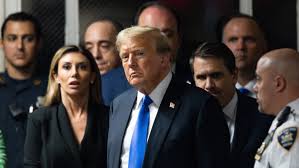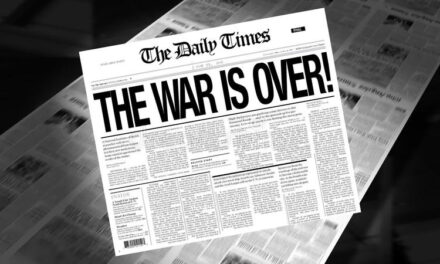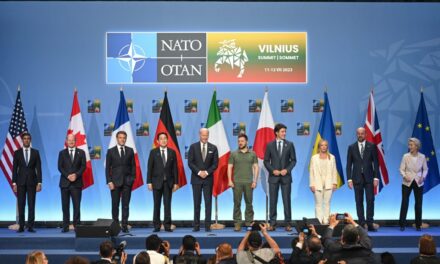The recent conviction of former President Donald J. Trump has intensified the debate over the impartiality of his legal proceedings. Trump’s legal team has persistently argued that the trial was influenced by bias, a claim that has gained renewed attention and support following the verdict. As legal experts and the public digest the outcome, a closer examination of the alleged biases provides a clearer understanding of the concerns raised by Trump’s defence.
Judicial Bias: A Question of Fair Play
From the outset, Trump’s legal team highlighted potential judicial bias as a significant concern. They pointed to past statements and rulings by the presiding judge that they believed demonstrated a predisposition against Trump. For instance, several rulings that denied key defence motions were cited as evidence of an unbalanced approach.
Legal analysts have noted that while judges are expected to maintain impartiality, the subjective nature of judicial decision-making can sometimes reflect personal biases. Trump’s defence team argued that the judge’s previous involvement in politically sensitive cases might have influenced their perspective, potentially compromising the fairness of the trial.
Prosecutorial Bias: Motives Under Scrutiny
Another major contention from Trump’s defence was the perceived prosecutorial bias. They argued that the charges were pursued with an unusual vigour, driven by political motivations rather than purely legal considerations. The timeline of the indictment, coming at a time when Trump was hinting at a political comeback, was seen by his supporters as indicative of a strategic move to curtail his influence.
Critics of the prosecution have pointed out that the selection of charges and the manner in which they were pursued seemed to align with broader political narratives against Trump. This, they argue, raises legitimate questions about the objectivity of the prosecutorial process and whether it was unduly influenced by external pressures and biases.
Media Influence: Shaping Public Perception
Trump’s legal team also underscored the role of media influence in shaping public perception and potentially affecting the trial’s outcome. They contended that pervasive negative media coverage created a prejudicial environment, which could have swayed the attitudes of jurors and the broader public.
Studies have shown that media portrayal can significantly impact public opinion, and in high-profile cases like Trump’s, the relentless media scrutiny may have contributed to a preconceived notion of guilt. This, according to Trump’s defenders, compromised the integrity of the judicial process, as jurors might have been influenced by the media narrative rather than the evidence presented in court.
Jury Selection: Ensuring Impartiality
The process of jury selection was another focal point of the defence’s bias claims. Trump’s legal team argued that finding truly impartial jurors in a highly polarized environment was an insurmountable challenge. Despite efforts to vet jurors for biases, the intense media coverage and public discourse around Trump meant that many potential jurors likely had pre-existing opinions.
Legal experts agree that in cases involving prominent figures, achieving a completely impartial jury is difficult. The defence argued that this inherent bias among jurors could have influenced the verdict, questioning the fairness of the trial.
The Impact on Public Trust
The conviction of a former president is a landmark event with far-reaching implications for public trust in the legal system. The concerns raised by Trump’s legal team, whether perceived or real, highlight the critical importance of ensuring an impartial judicial process. If a significant portion of the public believes that the trial was unfair, it could erode confidence in the judiciary and the broader principle of justice.
Conclusion
The conviction of Donald J. Trump has validated many of the concerns raised by his legal team regarding potential biases in the judicial process. The claims of judicial and prosecutorial bias, media influence, and challenges in ensuring an impartial jury all underscore the complexities of trying a high-profile political figure. As the legal community and the public continue to debate the fairness of the trial, these issues highlight the essential need for vigilance in maintaining impartiality and fairness within the judicial system. The integrity of the legal process, particularly in cases involving prominent individuals, is crucial for upholding the rule of law and public trust in justice.





